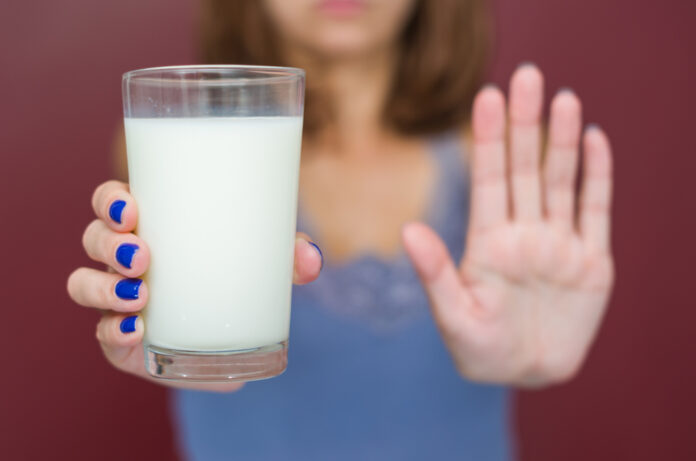The practice of drinking milk at night has both proponents and critics, with varying perspectives on its potential health impacts. Here are some potential concerns and diseases that might be associated with this habit, based on different health considerations:
- Digestive Issues:
- Lactose Intolerance: Many people have difficulty digesting lactose, the sugar found in milk, leading to symptoms like bloating, gas, and diarrhea, particularly when consumed close to bedtime.
- Acid Reflux: Drinking milk before lying down can sometimes exacerbate acid reflux or heartburn, as the fat content in milk can relax the lower esophageal sphincter, allowing stomach acid to escape into the esophagus.
- Respiratory Problems:
- Increased Mucus Production: Some believe that dairy products can increase mucus production, which might be problematic for individuals with asthma or other respiratory conditions, although scientific evidence on this is mixed.
- Weight Gain:
- Caloric Intake: Drinking milk at night adds calories to your daily intake. If not accounted for in your overall diet, this could contribute to weight gain over time.
- Impact on Sleep Quality:
- Disrupted Sleep: While warm milk is often touted as a sleep aid due to its tryptophan content, for some people, drinking milk too close to bedtime can cause discomfort or lead to frequent trips to the bathroom, disrupting sleep.
- Metabolic Issues:
- Insulin Resistance: There is some evidence to suggest that late-night eating, including drinking milk, could interfere with the body’s circadian rhythm and potentially contribute to insulin resistance over time, although more research is needed in this area.
- Allergic Reactions:
- Milk Allergy: Individuals with a milk allergy should avoid milk entirely to prevent allergic reactions, which can range from mild to severe.
It’s important to note that the impact of drinking milk at night can vary widely depending on individual health conditions, dietary habits, and overall lifestyle. While some people may experience negative effects, others might find it beneficial, particularly if they use it as a sleep aid or to fulfill their nutritional needs. Consulting with a healthcare provider can provide personalized guidance based on individual health profiles.



